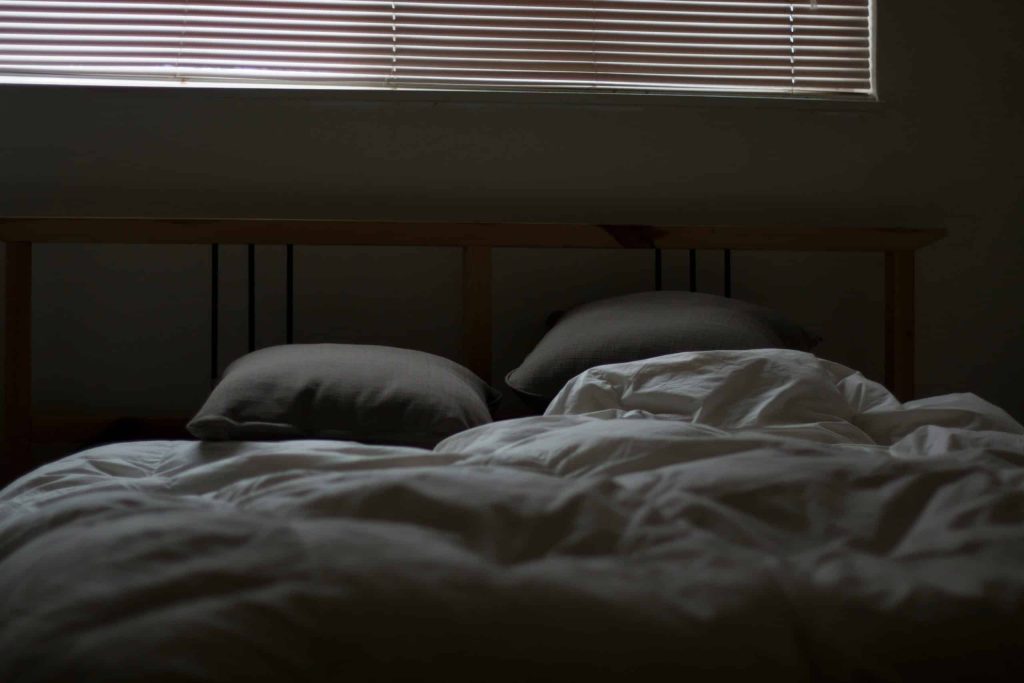We’ve all been there – staying up later than we should have or pulling an all-nighter to catch up on work. While this kind of behavior is typically okay in moderation, a continuous lack of sleep can be detrimental to our overall well-being. For example, a shortage of sleep can weaken your immune system, making you more susceptible to sickness. Getting the appropriate amount of sleep is essential for important bodily functions, particularly mental wellness. Let’s look deeper into how sleep habits affect our body’s mental and physical health.
How Lack of Sleep Affects Physical Health
In addition to eating a nutritious diet and maintaining a healthy exercise routine, getting enough sleep is one of the most important things you can do to take control of both your mental and physical health. Repeatedly getting inadequate amounts of sleep can lead to bigger health problems down the line, including severe problems such as cancer, heart disease, stroke, and high blood pressure. According to SleepFoundation.org, lack of sleep can lead to drastic effects on physical health, including an increased risk of:
- Mental health disorders (anxiety, depression, etc.)
- Immunodeficiency (lack of sleep makes it harder for your body to fight off infections)
- Diabetes
- Obesity
- Cardiovascular disease
- Hormone imbalances
- Heart attack or stroke
- High blood pressure
- Cancer
According to the National Heart, Lung, and Blood Institute, adequate amounts of sleep helps your body repair bodily tissues and blood vessels, impacts how your body reacts to insulin, supports healthy growth and development of vital brain functions, decreases your risk of overall health problems, and affects your body’s ability to fight off germs and disease. Furthermore, sleep helps boost muscle mass, repair cells, and can even impact fertility.
How Lack of Sleep Affects Mental Health
Also, according to the NHLBI, lack of sleep can have drastic effects on one’s mental health, including attention span, decision-making skills, problem-solving skills, and the ability to regulate emotions. As a result, sleep deficiency can also lead to problems like anxiety, depression, lack of motivation, poor decision-making, irregular mood swings, and an increased feeling of stress.
Factors that disrupt sleep (according to the National Institutes of Health) include:
- Insomnia
- Stimulants such as caffeine
- Certain medications
- Blue light from electronics (TV, cell phones, etc.)
- Sleep apnea or other sleep disorders
Furthermore, a lack of sleep can lead to irritability, grogginess, lack of focus, and slower reflexes. To ensure you are operating at maximum capacity in your day-to-day functions, it is essential you get copious amounts of sleep. Not getting the appropriate amount of sleep can affect your health in a multitude of negative ways, so it is vital to monitor this aspect of your health.
Tips for Maintaining Healthy Sleep Quality
https://gty.im/2158983961
To ensure you get high-quality sleep, it is essential to practice a few self-care routines before bedtime. For example, try to limit device screen time before bed, allowing for an easier time falling asleep without that distracting blue light from your phone or TV. Start to wind down around an hour before you intend to go to bed, calming your body and brain and making it easier to fall asleep.
Remain hydrated and make sure you aren’t drinking caffeine or other stimulants too late in the day, as this will make it harder to fall asleep at night. Take advantage of minor sleep aids, such as chamomile tea or melatonin supplements, or soothe your body with some calming yoga, meditation, or breathing exercises.
Conclusion
With so many of our daily functions impacted by sleep, it is extremely important we get the appropriate amounts of high-quality sleep each night. A lack of sleep can have detrimental effects on one’s mental and physical health, so exercise caution if reducing the amount of sleep you get each night. Remember, the recommended amount of sleep for adults is 7-8 hours a night. Take the appropriate steps to maintain a consistent sleep routine and ensure you get as much sleep as possible: your body and brain will thank you.
Disclaimer: This article is intended simply to provide information. It does not replace the medical advice of a physician. Please speak with your doctor if you have any questions or concerns.
For More Great Content
Are you desiring top-tier content that covers everything? From thrilling sports and intoxicating entertainment news to gaming tips and professional betting advice, Total Apex covers it all. Delve into our no-fluff articles to stay ahead of the game with the latest sports action, uncover the hottest trends in entertainment, and get the latest scoops in the gaming industry that will take your experiences to the next level.
Finally, our betting advice will give you a decisive edge over the competition and increase your odds of beating the books. Whether you’re looking to stay updated or gain a competitive edge, Total Apex is your one-stop shop for all things compelling and relevant. Don’t forget we cover Fantasy Sports, too!
Check out all our sites: Total Apex Sports, Total Apex Fantasy Sports, Total Apex Entertainment, Total Apex Sports Bets, and Total Apex Gaming. Out of the ashes of obscurity will rise a beast. Always remember to Respect The Hustle! Follow us on Twitter/X @TotalApexSports to stay informed.









